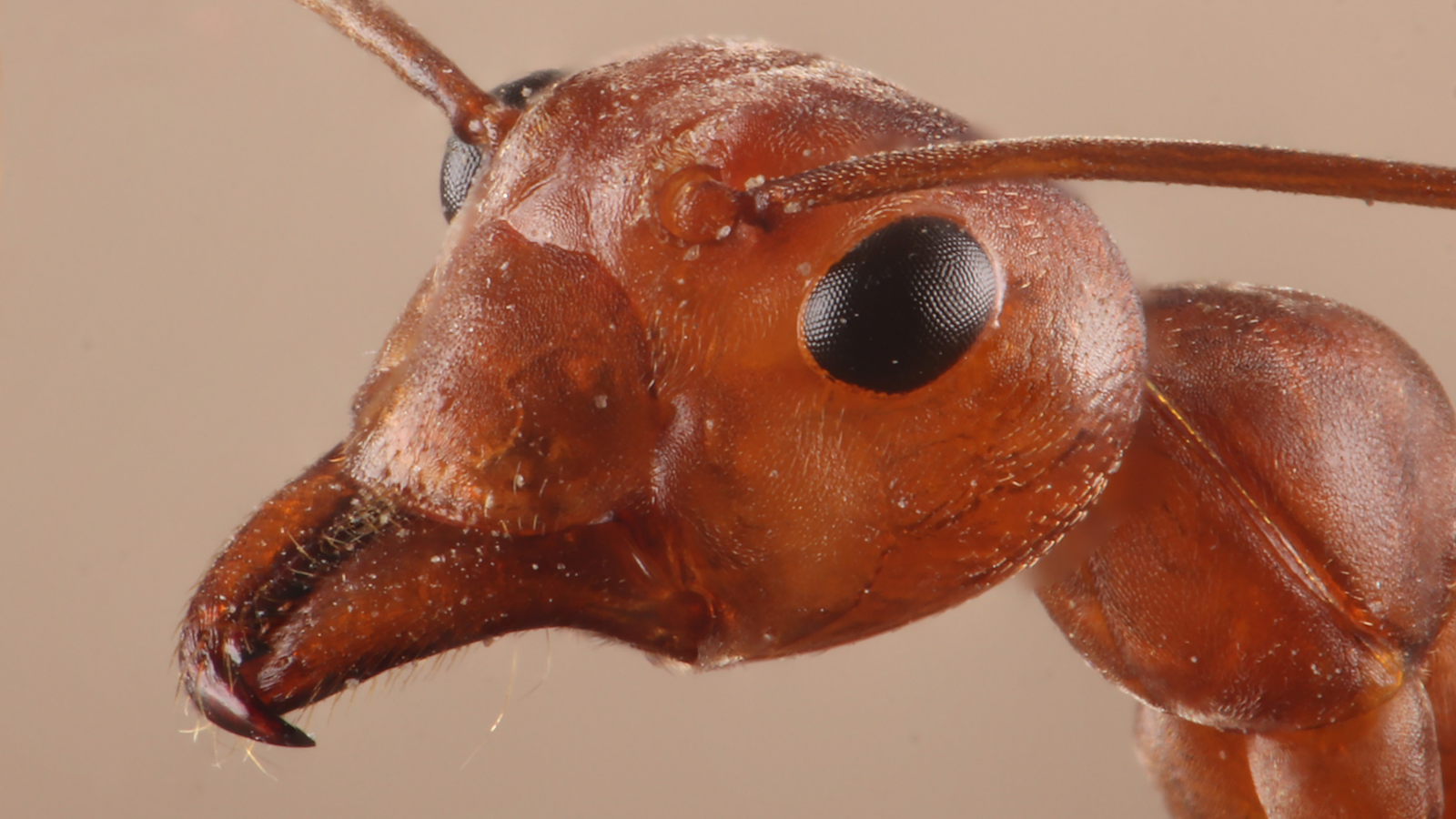
Daisy Dobrijevic
Daisy Dobrijevic joined Space.com in February 2022 as a reference writer having previously worked for our sister publication All About Space magazine as a staff writer. Before joining us, Daisy completed an editorial internship with the BBC Sky at Night Magazine and worked at the National Space Centre in Leicester, U.K., where she enjoyed communicating space science to the public. In 2021, Daisy completed a PhD in plant physiology and also holds a Master's in Environmental Science, she is currently based in Nottingham, U.K.
Latest articles by Daisy Dobrijevic
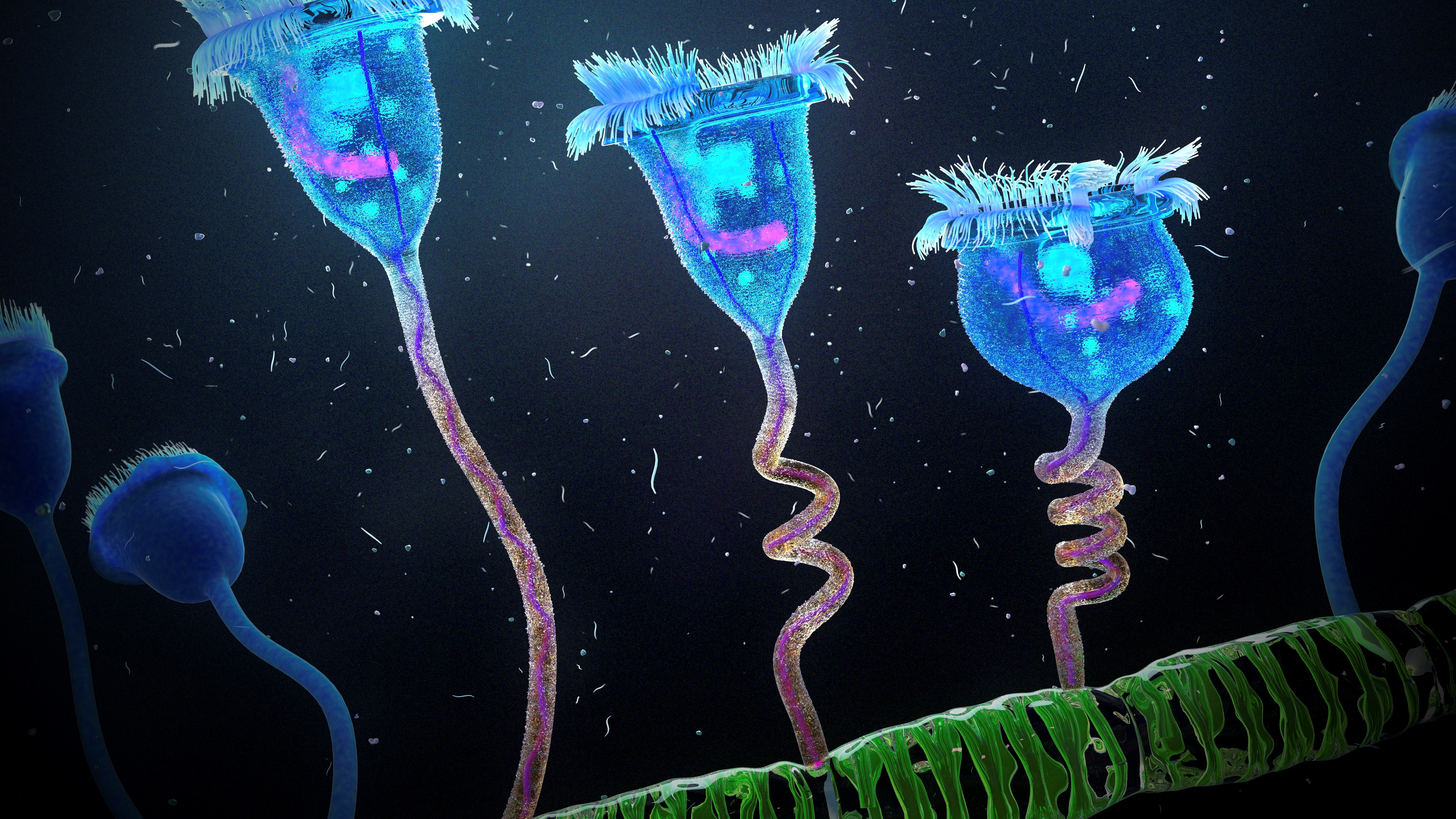
What are protists?
By Aparna Vidyasagar published
Reference Protists are one of the six kingdoms of life. They are simple eukaryotic microorganisms that do not fall into the plant, animal, bacteria or fungus groups.
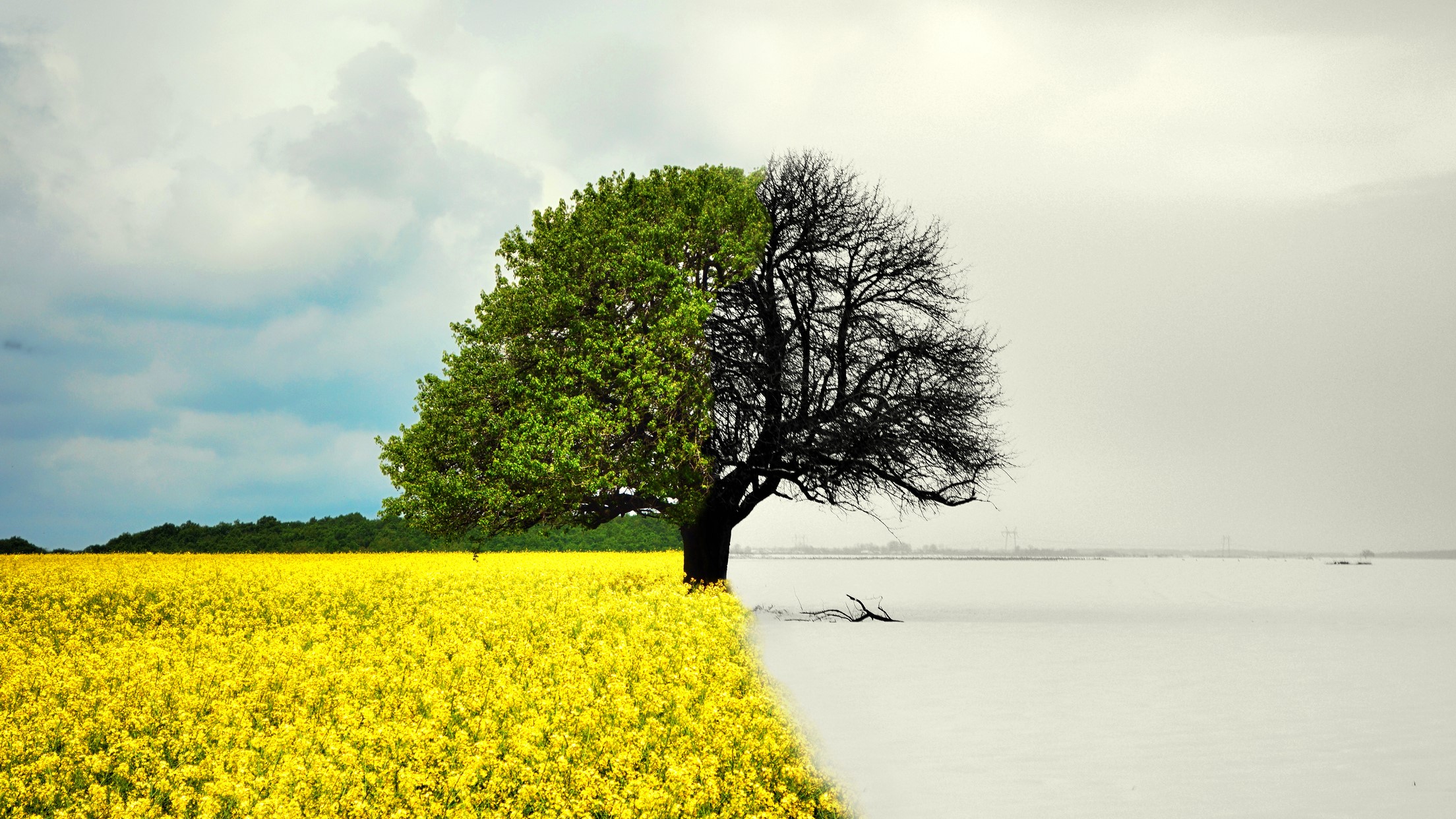
The four seasons of the year: spring, summer, autumn (fall) and winter
By Nola Taylor Redd published
Reference Seasons are periods of the year with distinct weather conditions and day lengths. Earth's four seasons are spring, summer, autumn (fall) and winter.

Inside All About Space issue 126: Complete guide to exoplanets
By Daisy Dobrijevic published
Inside the latest issue of All About Space is our complete guide to exoplanets where we peer into the most extreme alien worlds and hunt for Earth 2.0.
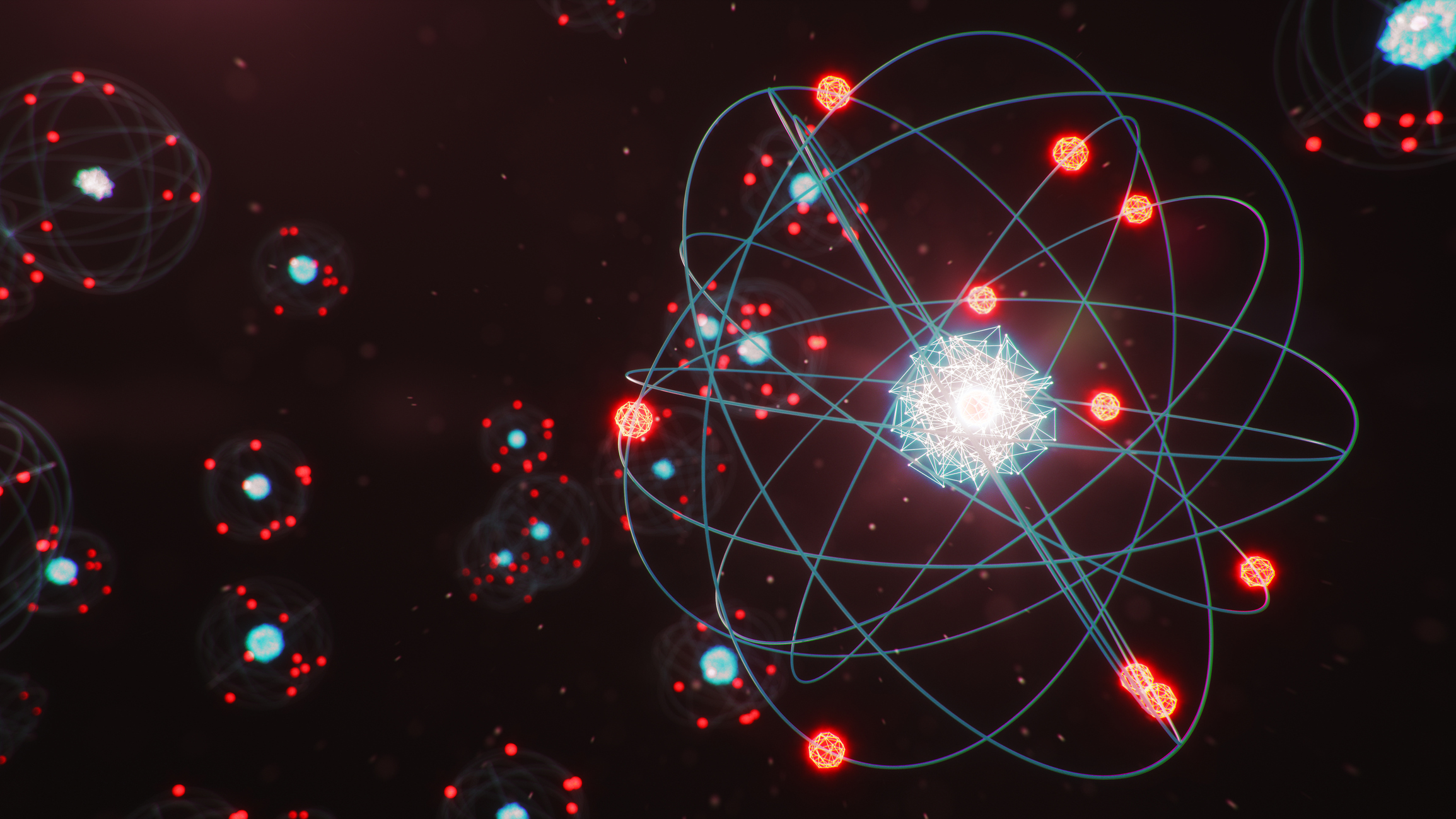
What is an atom? Facts about the building blocks of the universe
By Daisy Dobrijevic, Tim Sharp published
Reference Atoms are the building blocks of matter and were created after the Big Bang. They are the smallest unit of an element that still retains its properties.
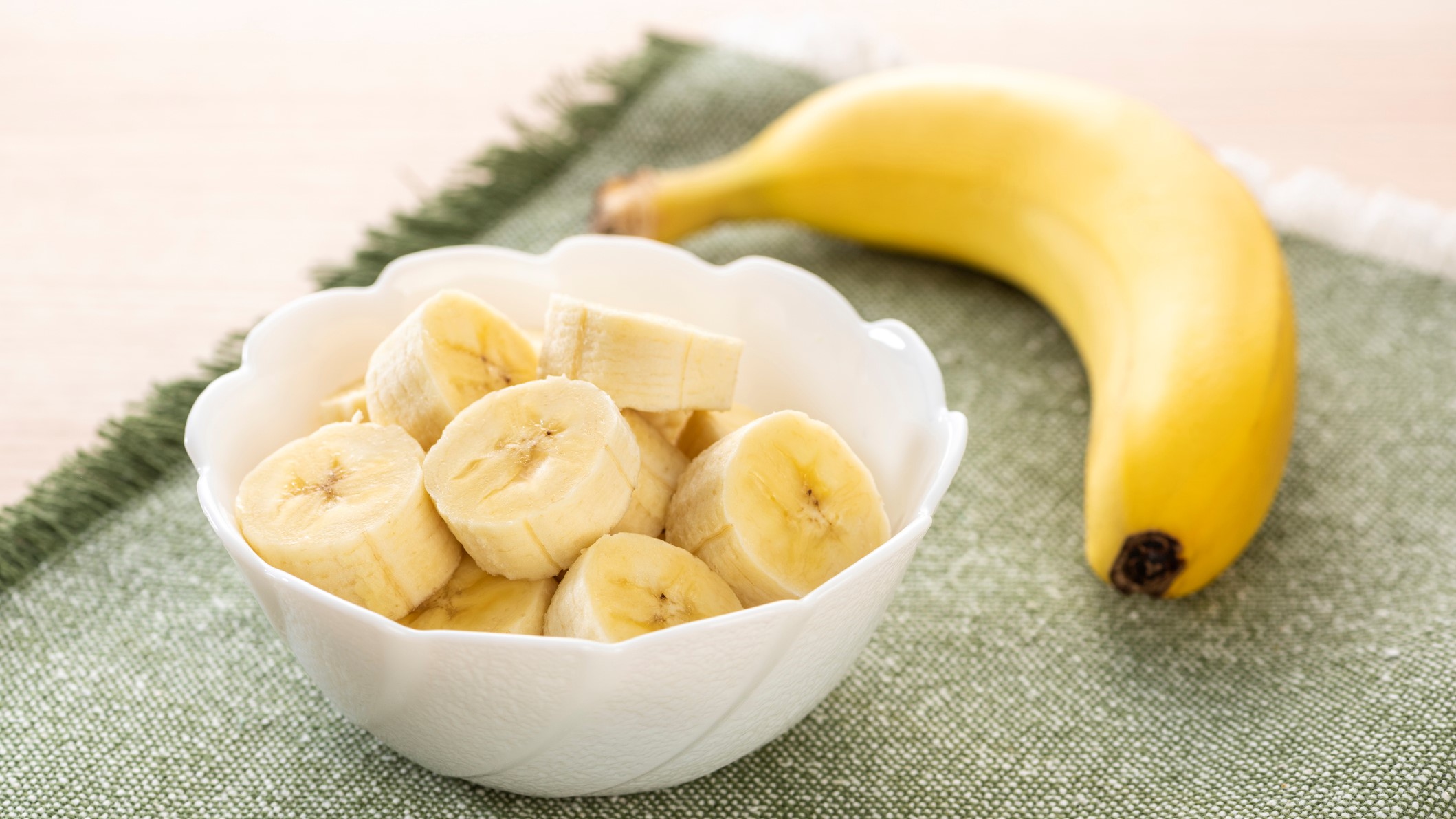
Bananas: Facts, benefits and nutrition
By Daisy Dobrijevic, Jeanna Bryner, Jessie Szalay published
Reference Bananas are packed with nutrients and are good for your mental and physical health.

7 ways Einstein changed the world
By Andrew May, Daisy Dobrijevic published
We take a look at the ways Einstein changed the world and shaped how we see and interact with the universe, from lasers to understanding space and time.
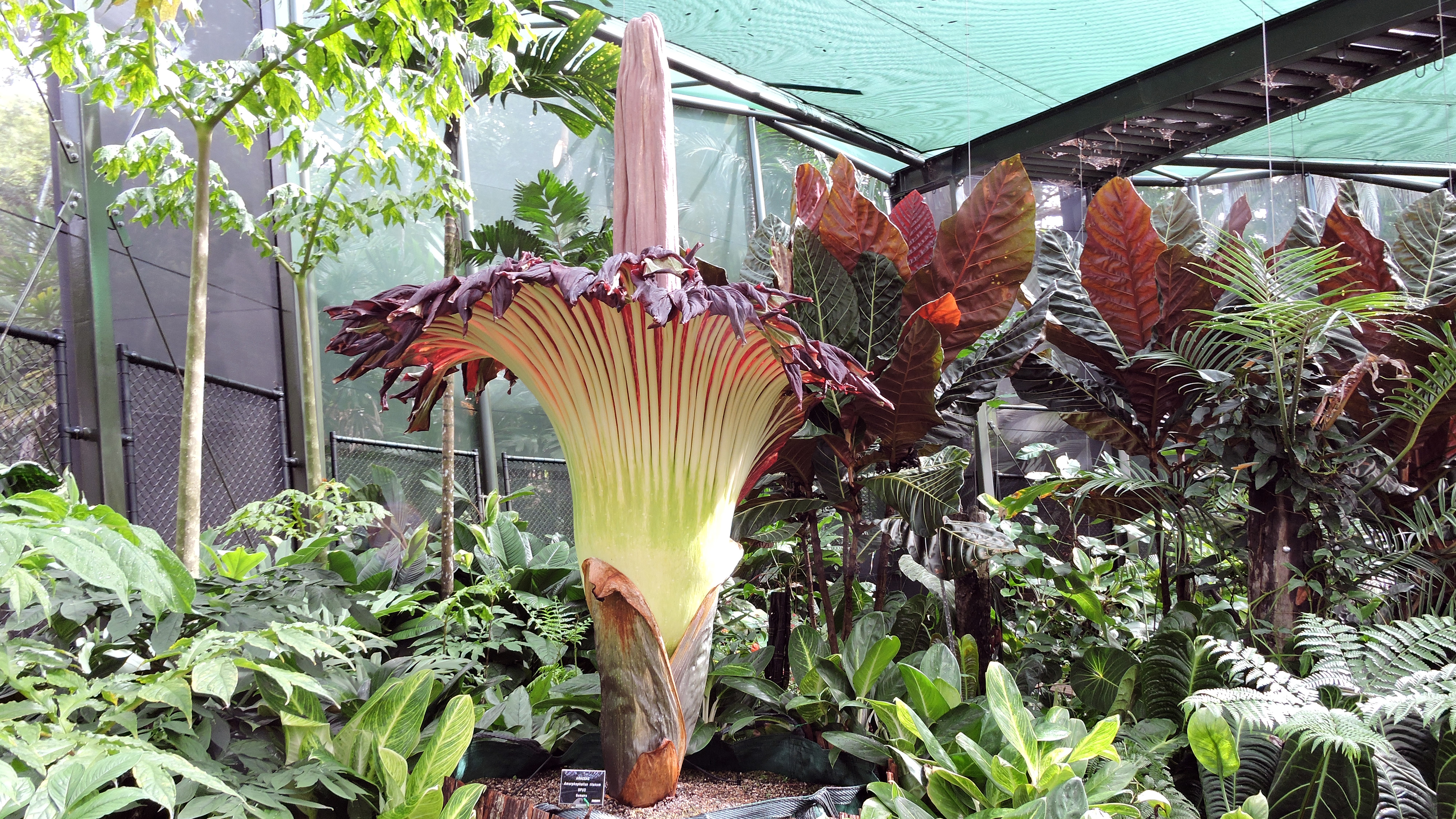
Corpse Flower: Facts about the smelly plant
By Alina Bradford, Daisy Dobrijevic published
Reference The corpse flower (Amorphophallus titanum) also known as titan arum smells of rotting flesh and death when it blooms approximately every seven to nine years.
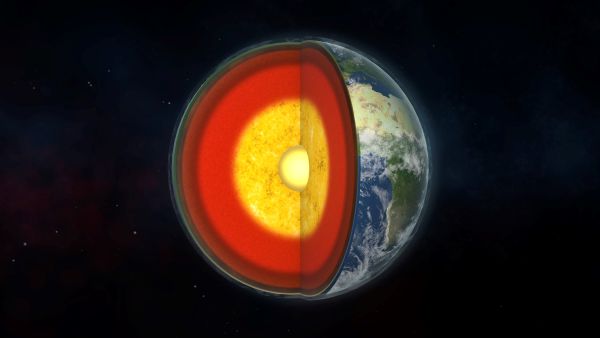
Most of Earth's carbon may be locked in our planet's outer core
By Daisy Dobrijevic published
Scientists now understand the composition of Earth a little better thanks to new study.
Sign up for the Live Science daily newsletter now
Get the world’s most fascinating discoveries delivered straight to your inbox.


